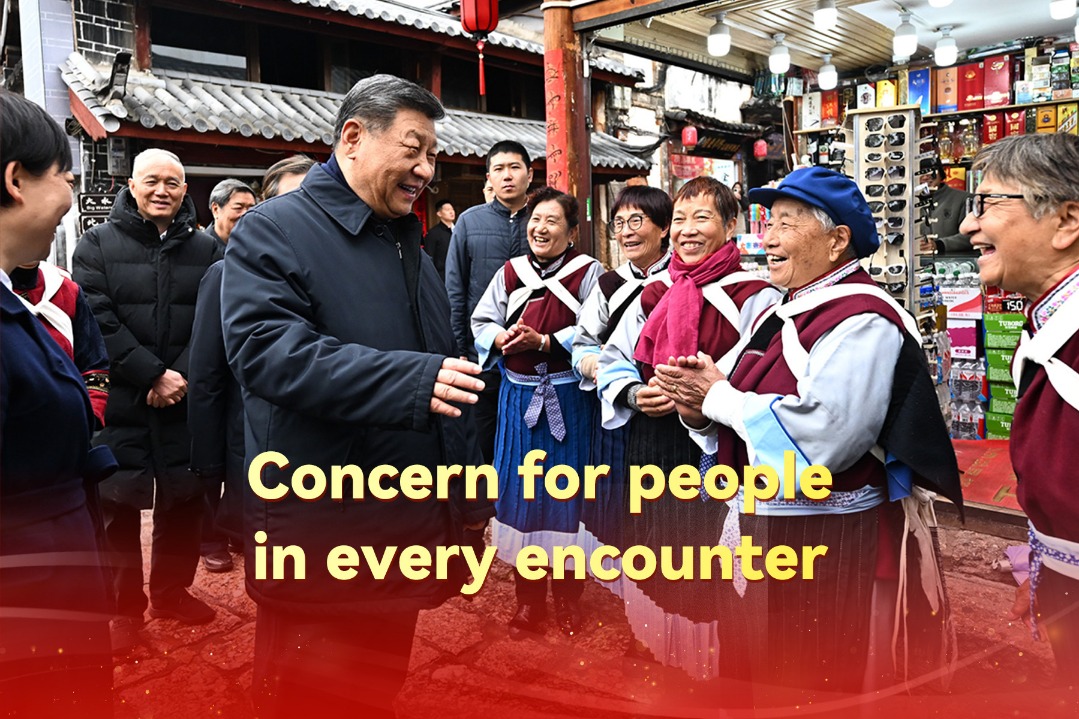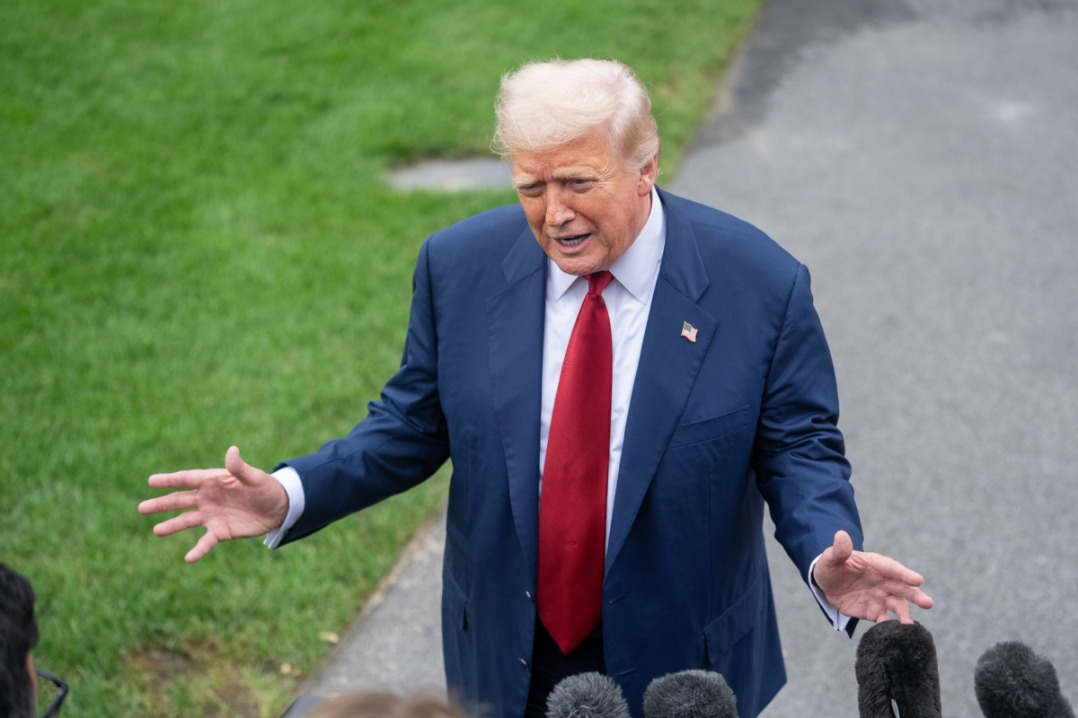New barbarism


The US is attacking civilizational progress, order and rules in response to a world that eschews giving it pride of place
Rules are fundamental to human civilization. Since primitive times, life in society has only developed in an environment based on rules, long before they were recorded in writing and courts or tribunals were created. All ancient civilizations had prohibitions against murder, theft and dishonor, etc. As the social division of labor advanced and people created commerce and monetized exchanges, the rules became more complex and comprehensive.
With the advent of the capitalist mode of production and the expansion of European trade, Britain, the hegemonic power of the time, reorganized its own institutionality and subsequently imposed it throughout the world. To this end, it dissolved feudal regulations to create a national labor market, such as abolishing the "Poor Law", banning trade guilds and eliminating the Act of Settlement of 1662, which tied poor people to their parish, precisely at a time when industrial cities were demanding more labor.
In the historical process of creating the liberal order, the English government institutionalized the gold standard in Great Britain (the Bank Charter Act of 1844), establishing the Bank of England's monopoly and establishing a ratio between its gold reserves and the notes it could issue. The English model was later extended to other countries, marking British financial hegemony until at least 1914.
Another significant change for the consolidation of the country's hegemony was the repeal of the Corn Laws, which, until then, protected local food producers and marked the liberalization of international trade in England. From then on, England imposed on the entire world what became known as the pillars of the "Pax Britannica", such as the balance of power system in Europe, the liberal state, the self-regulated market and the gold standard. These rules, applied by the leading industrialized countries, were the basis for the long cycle of internationalization of the world economy between 1850 and the beginning of World War I.
After the turbulent years between 1919 and 1945, when the League of Nations, created after World War I, could not mediate the international community's interests, a new order was established with the creation of the United Nations and the Bretton Woods Agreement. In this new phase of international relations, the United States consolidated itself as a hegemonic power, influencing world politics, the arms race, credit, money and multilateral institutions. Even now, the country maintains veto power over the actions of the International Monetary Fund and the World Bank. Today, eight decades later, we see the US-led order eroding before our eyes.
After the dissolution of the Soviet Union in 1991, the US government began to adopt unilateral policies, such as NATO's bombing of the Chinese embassy in Belgrade in 1999 or the invasion of Iraq in 2003, which occurred even after the UN Security Council vetoed it. It used drones to kill its enemies without legal process or UN authorization in many parts of the Middle East.
During his first term as US president, Donald Trump began the final dismantling of the post-World War II order when he launched a trade war against China and hamstrung the World Trade Organization by refusing to appoint arbitrators to the institution's appellate body. This stance continued with the Joe Biden administration, which advanced an economic decoupling project that put the globalization process at risk. About four months ago, with the start of the second Trump administration, international rules were torn apart by protectionist measures, blackmail, sanctions, threats of invasion of other countries, and the defunding of UN bodies, such as the World Health Organization.
The US elite, in response to the emergence of a new configuration of global power and the rise of countries in the Global South, has begun to adopt measures aimed solely at maintaining the status quo. It has attempted to stifle its competitors' right to development, boycott technology transfer, break value chains and blackmail companies to move their activities to its territory. Today, as a great power, the US has become a destabilizing variable in the global economy.
At this time of transition in humanity's direction, which has been triggered by profound technological advances, the increase in international insecurity, and global challenges such as climate change, it is very important to recreate a global order that can bring hope, stability and predictability to the world's population.
In this sense, the articulations of the countries of the Global South around platforms such as BRICS are welcome, as well as a series of global initiatives proposed by China, which seek to emulate actions to guarantee the right to development for all nations, to create a safe international environment, in which the security of one country is not at the expense of the security of another, and in which the identities and cultural and historical aspects of each people are respected, without imposing models or hierarchies.
On May 20, Chinese Vice-Premier Liu Guozhong announced that China would donate an additional $500 million to the WHO over five years, just as the WHO is seeking further resources to offset the expected loss of funding from the US. This example shows the need to increase multilateralism to support a new order that is inclusive, democratic, collaborative, fair and environmentally responsible. Without orders and rules, there is no civilization, only barbarism.
The author is a professor of international political economy at Sao Paulo State University in Brazil. The author contributed this article to China Watch, a think tank powered by China Daily.
The views do not necessarily reflect those of China Daily.
Contact the editor at editor@chinawatch.cn.



































